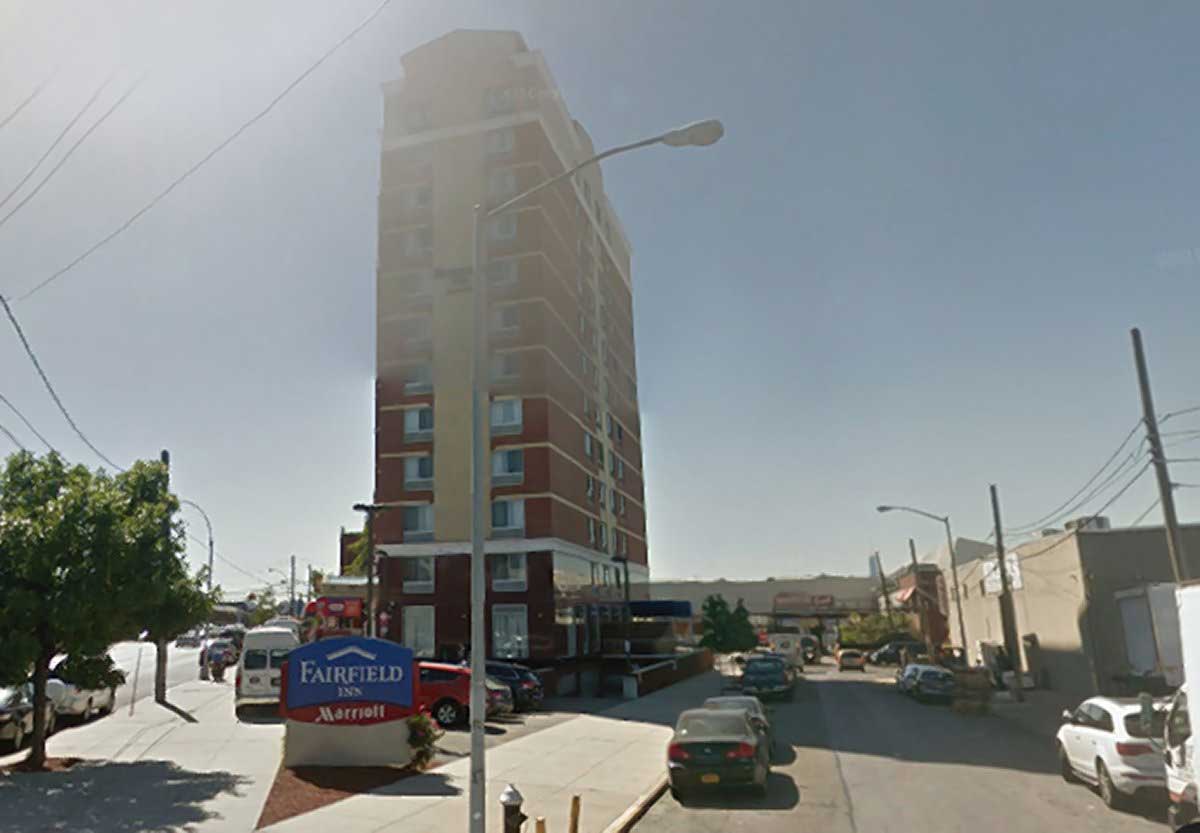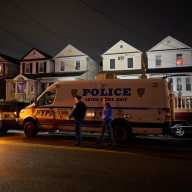By Mark Hallum
The Fairfield Inn in Long Island City, which was controversially converted into a homeless shelter by the city Department of Homeless Services (DHS) in May, has been sold to Brooklyn investor Shulem Herman.
According to city records, at least $23.2 million was exchanged for the property which became one of three shelters to occupy the five-block Blissville section of Long Island City, igniting backlash from residents who claimed the shelters put undue burden on their community.
According to a DHS spokesman, the property being sold to a new owner won’t change the shelter’s current operations. The facility serves about 150 adult families under the same services provider.
The city spends roughly $175 per day for each room at hotel locations, but the DHS declined to share exactly how much is spent at specific locations.
The Fairfield Inn, however, is not treated as a commercial hotel but rather as a shelter, so it costs $170 per day. When factoring in social services provided on site, each room costs about $238 per day.
Shelters set up by the city and serviced by independent providers have mental health staff on-site to help residents transition to being independent, as well as providing other forms of support.
Van Dam Terrace LLC is the entity that purchased the property; according to property records, the holding company is registered to the same address as Herman’s real estate firm, Brooklyn-based KNG Realty Inc., for which he serves as CEO.
As per Mayor Bill de Blasio’s Turning of Tide on Homelessness, each community board in the city will receive their fair of shelters to accommodate the estimated 63,000 homeless people in across the city.
But Blissville residents have argued that the three shelters in their neighborhood was beyond their fair share at a March public hearing and later at a demonstration in May in front of Gracie Mansion.
Many argued that the little pocket of Long Island City had no services such as laundromats or grocery stores to service homeless individuals and the nearest hospital is in Manhattan. The majority were disconcerted at the fact that the population of their community was now about to be outnumbered by homeless individuals.
Reach reporter Mark Hallum by e-mail at mhall


































